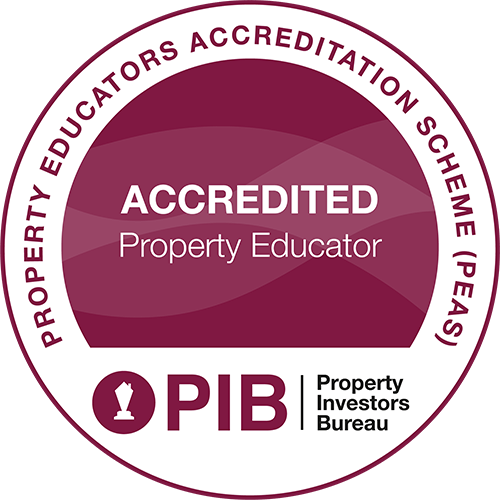Generally, leasehold agreements apply to flats. However, in recent years, some developers have been selling new build properties as leaseholds.
We look at why investing in leasehold new builds should be avoided.
WHAT IS A LEASEHOLD?
When you own the freehold to a property, you own the building and the land it’s on outright in perpetuity.
If you own a leasehold property, you don’t own the building or the land it’s on, you’re leasing it from the freeholder. The lease will allow you to have the property for a set number of years. The duration could be anything from 99 to 999 years.
Once the term of the lease is up, the property reverts to the freeholder regardless of any mortgage on the property. A short lease can be highly problematic, making the property difficult to remortgage or sell, if there’s only a brief term left to run.
THE ISSUE WITH LEASEHOLD NEW BUILDS
Normally, flats are almost always leasehold, but houses can be leasehold too. And recently, some developers and housebuilders have been selling their new build houses on a leasehold basis.
As a result, NAEA Propertymark warned owners that they could end up with escalating ground rents as well as incurring charges for making alterations to their properties.
For example, you could end up in a situation where the ground rent increases every year, effectively doubling over five or ten years. The cost of running the property will steadily increase over time instead of decreasing.
There is also the practice of including restrictive clauses in leasehold agreements over what you can do to the house. This means that you could be charged exorbitant sums for making minor alterations to the property.
The fact that the house is a leasehold, and is bound by these clauses, can make it unappealing to future buyers. You could find yourself stuck with a property you can’t sell.
CHECK IF YOU INTEND TO BUY A NEW BUILD
When buying a new build, choose your own solicitor, preferably one with experience of new build sales. The developer may recommend you use their solicitor, but you should avoid this.
Most developers and housebuilders will be honest about the terms of their contracts. However, you should still check every document and report, particularly looking out for any clauses that involve ground rent or adaptations to the property. If any aspect of the agreement isn’t clear, get your solicitor to clarify the exact details.
Even on freehold new builds, you may find there are still charges for a form of ground rent, which could cover lighting of communal outside areas, landscape gardening and other maintenance. There could also be clauses stipulating what you can and can’t do with your property. For instance, some freehold contracts can still include caveats over owning pets or fixing satellite dishes to the house.
If the deal is leasehold, you could try asking your solicitor if it’s feasible to change it to freehold. However, this could be a complex and expensive process. You’re better off looking for an alternative freehold property if this is the case.
WOULD YOU LIKE TO LEARN MORE ABOUT PROPERTY INVESTMENT?
We’ve recently launched two brand new online property investment courses:
PROPERTY INVESTING MASTERCLASS – AN INTRODUCTION TO PROPERTY INVESTING
This course will provide you with an introduction to property investment, whether you’re new, intermediate or experienced.
HOUSE OF MULTIPLE OCCUPANCY MASTERCLASS – LIVE RECORDING
This will give you a better understanding of one of the most popular and financially rewarding property strategies in the UK.
Plus, we’re delighted to introduce PMA Property Mentor Elite Online & Personal to motivate, inspire and challenge you to achieve your personal and business goals.
All of our mentors are experienced industry professionals with years of experience AND are all active investors.
Email info@propertymasteracademy.co.uk or phone 01252 730040 to be the first to take advantage of this brand new online mentoring service.
You can also use my calendar to schedule a call at https://go.oncehub.com/MarkLlo… book a 30-minute slot.

